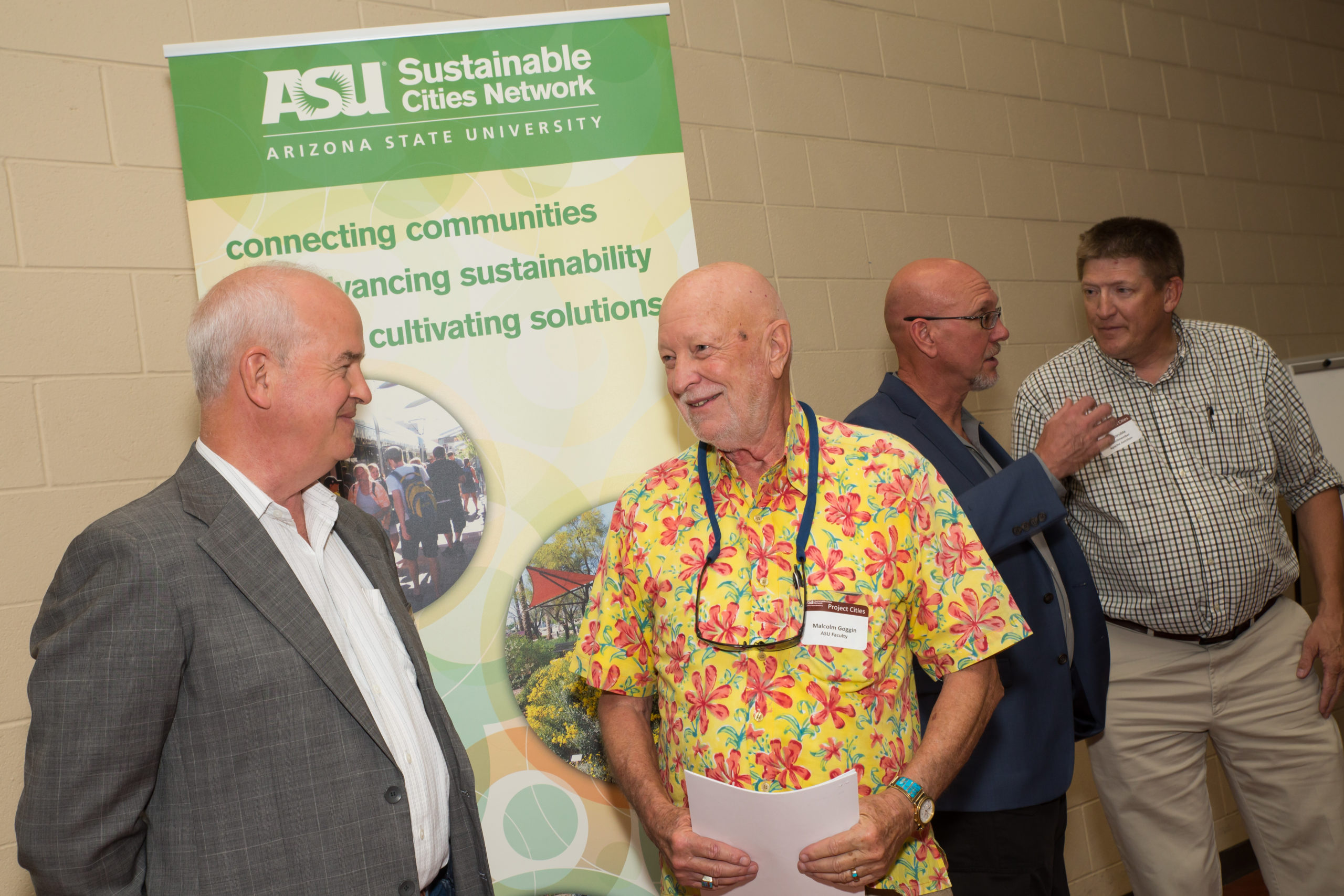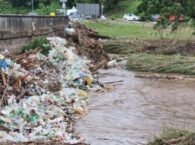Capstone course generates recommendations to overcome homelessness in Apache Junction
Thanks to independent research, students offered solutions that may help the City improve living conditions for its homeless citizens.
Metrics
Community
Apache Junction, Arizona, USACommunity Size
41,739 (2018 Census Estimation)University
Arizona State UniversityProgram
Project CitiesYears
2017/2018Status
CompletedCase Type
Project StoriesRegion
EPA Region 9, USAHomelessness is a serious problem throughout the United States, and it’s apparent that there is no one solution to manage it. The City of Apache Junction had already established a committee and working group to provide basic necessities to its homeless population, but was looking to establish more effective strategies to improve access to housing for its residents.
This goal led them to Arizona State University’s (ASU) Project Cities, a member of the EPIC-Network. Project Cities “connects higher education with local communities” (ASU Project Cities) to co-create sustainable solutions which progress community partners toward a better future.
Apache Junction staff invited students from the Fall 2017 Urban Planning course and one Public Affairs capstone student to “gather concrete information about homelessness in Arizona,” which could inspire strategies to address homelessness within the City.
Through their partnership with the City, ASU students also sought to provide insight into the following issues:
- The needs of homeless and at-risk individuals
- The perceptions of homelessness in Apache Junction
- Funding options available to implement future programs to understand and curb homelessness
Students involved completed independent research, conducting comparative literary research to start—to gather data on Apache Junction, homelessness, and previous efforts to reduce homelessness across the USA—before moving onto differing methods for further investigation into what causes homelessness and how it can be treated.
Various solutions and future strategies were presented by students to the city officials of Apache Junction. Below is a list of some of the recommendations presented:
- Prioritize access to public housing options, such as transitional housing or affordable seasonal housing rentals.
- Provide affordable transportation methods, whether through reduced-fare options available to homeless individuals or asking private organizations and citizen groups for bike donations.
- Create collaborative relationships between Apache Junction, organizations like Empowerment Group and the Chronic Homeless Subcommittee, local residents, and neighboring cities.
- Generate educational public awareness campaigns to improve public interaction with the homeless and homelessness policies.
Watch the videos of the final presentations from the students
Arizona State University Project Cities Contact
Steven Russell
Program Manager
steven.russell@asu.edu
480-727-2698
Arizona State University Faculty Contact
Deirdre Pfeiffer
Associate Professor
School of Geography Science & Urban Planning
Deirdre.Pfeiffer@asu.edu
Malcolm Goggin
Watts College of Public Service & Community Solutions
Professor of Practice
Malcolm.Goggin@asu.edu
City of Apache Junction Contact
Larry Kirch
Director
Development Services
City of Apache Junction
lkirch@ajcity.net
480-474-5082
Read the full story of the partnership.
Read the final student report delivered to the local gov/community partner.









